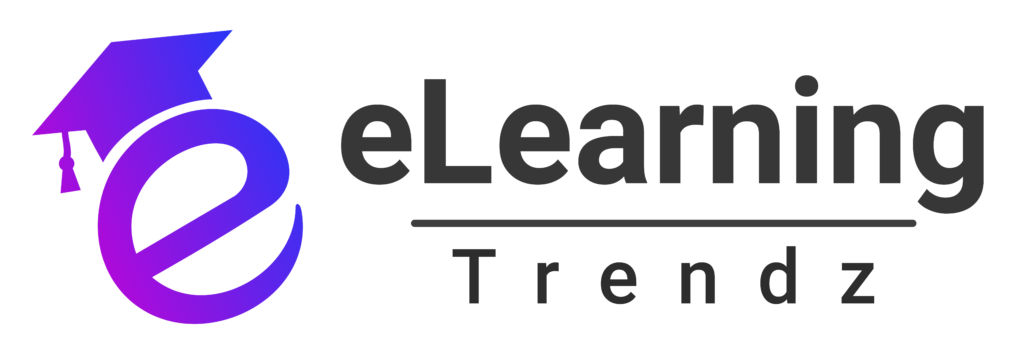In today’s rapidly evolving educational landscape, cloud-based Learning Management Systems (LMS) have become essential tools for institutions and organizations aiming to deliver flexible, scalable, and efficient learning experiences. These platforms facilitate creating, managing, and delivering educational content, enabling educators and learners to engage in a dynamic online environment.
Below, we explore the ten best cloud-based LMS platforms, highlighting their key features and benefits.
Top 10 Best Cloud-Based LMS Platforms
Moodle
Moodle is a free and open-source LMS renowned for its flexibility and extensive customization options. It supports various plugins and integrations, allowing educators to tailor the platform to their needs. Moodle’s robust community continually contributes to its development, ensuring a rich repository of resources and support. Its modular design facilitates the creation of personalized learning environments, making it a popular choice among educational institutions worldwide.
- Canvas
Canvas developed by Instructure is a user-friendly LMS that has gained significant traction in higher education. Its intuitive interface and comprehensive features, such as course management, grading, and communication tools, make it a favorite among educators and students. Canvas also offers robust mobile support, ensuring accessibility across various devices.
- Blackboard Learn
Blackboard Learn is a comprehensive LMS that caters to the needs of K-12, higher education, and corporate training environments. It offers various tools for course management, assessments, and collaborative learning. Blackboard’s analytics capabilities provide valuable insights into learner engagement and performance, aiding educators in making data-driven decisions.
- D2L Brightspace
D2L’s Brightspace is a versatile LMS designed to support personalized learning experiences. It offers adaptive learning paths, competency-based education tools, and robust analytics to monitor learner progress. Brightspace’s cloud-based architecture ensures scalability and reliability, making it suitable for institutions of all sizes.
- Docebo
Docebo is a cloud-based LMS known for its scalability and integration capabilities. It supports various learning formats, including formal, social, and experiential learning, providing a holistic approach to education. Docebo’s AI-powered features enhance content delivery and learner engagement, making it a valuable tool for organizations aiming to upskill their workforce.
- Paradiso LMS
Paradiso LMS is a feature-rich cloud-based learning management system designed for businesses, educational institutions, and training providers. It offers a user-friendly interface, robust integrations with third-party tools, and support for blended learning. Paradiso LMS also includes gamification elements, social learning features, and analytics tools to enhance the learning experience.
- Schoology
Schoology combines LMS functionality with social networking features, fostering collaboration and engagement among students and educators. It offers tools for course management, assessments, and analytics, supporting in-person and remote learning environments. Schoology’s adaptability suits K-12 schools, higher education institutions, and corporate training programs.
- TalentLMS
TalentLMS is a cloud-based LMS designed for simplicity and rapid deployment. It supports various content formats and offers features such as assessments, surveys, and reporting tools. Its scalability and customization options make it suitable for businesses of all sizes seeking to implement effective training programs.
- Edmodo
Edmodo is an LMS that emphasizes collaboration and communication in the learning process. It provides a platform where educators can share content, distribute quizzes, and interact with students in a secure environment. Edmodo’s user-friendly design and focus on community building make it a valuable tool for enhancing classroom engagement.
- SAP Litmos
SAP Litmos is a corporate-focused LMS that offers a comprehensive suite of tools for training and compliance management. It supports various content formats, including videos, quizzes, and surveys, and provides robust reporting features to track learner progress. Its integration with other enterprise systems makes it a seamless addition to corporate learning environments.
Conclusion
In conclusion, selecting a cloud-based LMS depends on various factors, including the specific needs of the institution or organization, the desired level of customization, and the target audience. The above platforms represent the best options, offering unique features and capabilities to enhance the learning experience.










